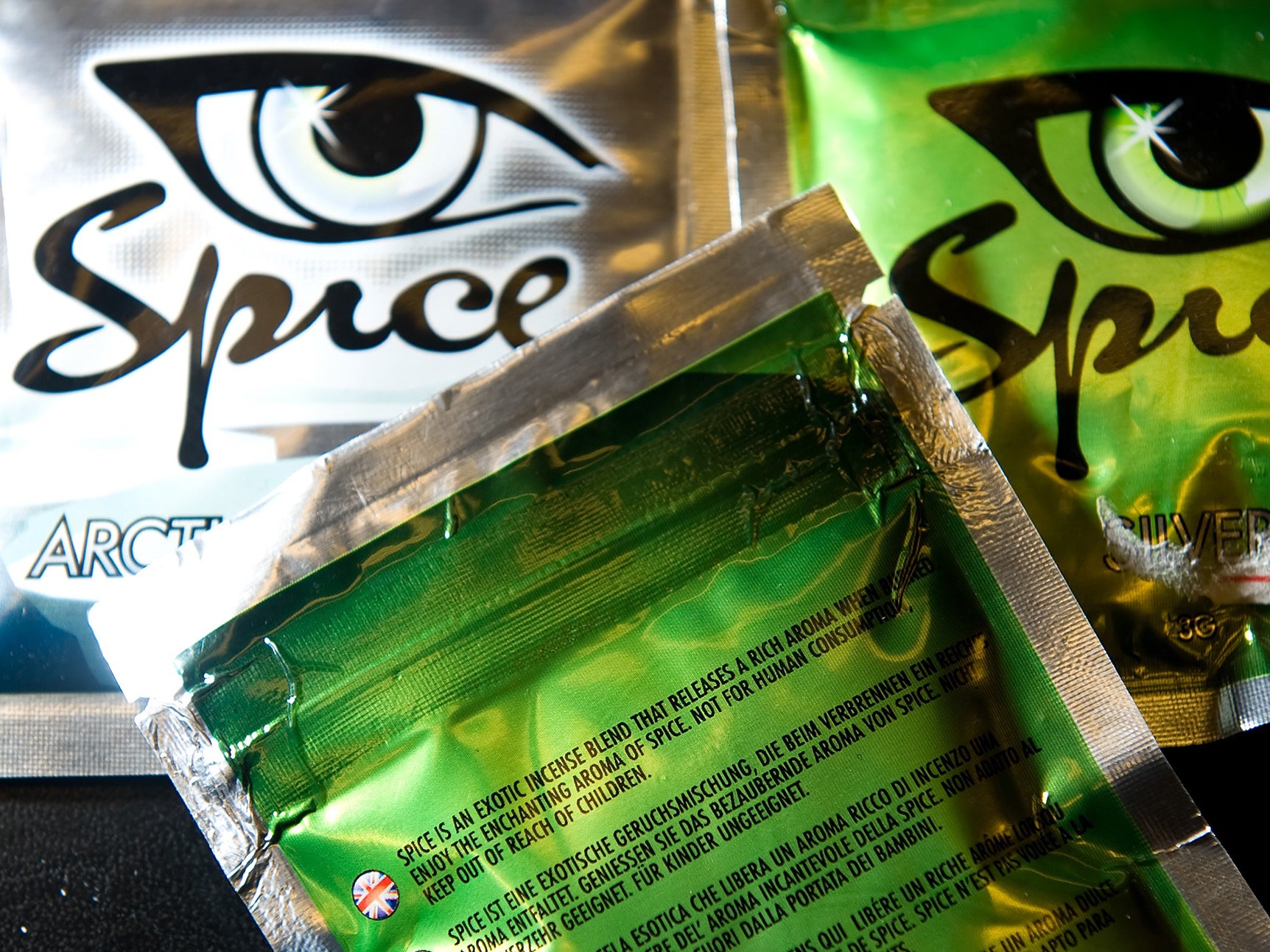Brexit red lines pose 'severe threat' to fight against drug harm and organised crime, public health experts tell government
Cooperation with EU bodies is essential for sharing information on potentially lethal illegal substances

Your support helps us to tell the story
From reproductive rights to climate change to Big Tech, The Independent is on the ground when the story is developing. Whether it's investigating the financials of Elon Musk's pro-Trump PAC or producing our latest documentary, 'The A Word', which shines a light on the American women fighting for reproductive rights, we know how important it is to parse out the facts from the messaging.
At such a critical moment in US history, we need reporters on the ground. Your donation allows us to keep sending journalists to speak to both sides of the story.
The Independent is trusted by Americans across the entire political spectrum. And unlike many other quality news outlets, we choose not to lock Americans out of our reporting and analysis with paywalls. We believe quality journalism should be available to everyone, paid for by those who can afford it.
Your support makes all the difference.Brexit poses a “severe threat” to the fight against organised crime and could see doctors lose early warning systems which alert them to new and potentially deadly illegal drugs, experts have said in a letter to the government.
Doctors specialising in addiction and public health have warned that international cooperation between medical experts and the police underpins vital monitoring of drug markets.
Writing in the British Medical Journal they warn that “red lines” set in the Brexit negotiations, including rejecting oversight by the EU Court of Justice, could limit the UK’s access to this information.
While the loss of major institutions like the European Medicines Agency have attracted headlines and government compromises, there are a host of smaller organisations where losing access could have serious implications for public services.
In particular they mention the European Monitoring Centre for Drugs and Drug Addiction (EMCDDA) which has had an under recognised role in reducing illegal drug harm across Europe.
“Collaboration between the UK and the EMCDDA has been transformative, making a major contribution to national drug policy and the fight against organised crime,” the authors write.
“Exclusion from its operations poses a severe threat to both.”
With new psychoactive substances like “spice” and “monkey dust” causing major problems in some towns, they say the government must find a way to stay part of the early warning systems for these drugs.
“The challenges associated with Brexit arrive precisely when the UK relies most heavily on the EMCDDA to tackle the rapidly evolving trade in illicit substances, especially that involving organised crime, the consequences of which are seen on the streets and in emergency departments every week,” the letter states.
The UK will also suffer from losing direct access to Europol’s databases on drug traffickers and criminals across the continent.
“The EMCDDA is the US Drug Enforcement Agency (DEA) of Europe,” the letter’s lead author Dr Andres Roman-Urrestarazu, a fellow in global public health at the University of Cambridge, told The Independent.
“It covers everything, from early warning systems for new psychoactive substances, things like GHB, spice or ‘AK47’, all the synthetic cannabinoids, through to the current infection rate among people injecting heroin and opioid overdoses.
“But it also links to Europol, and tools they have which allow criminal record checks.”
He adds that Denmark rejected certain EU Court of Justice oversights and has to make hundreds of thousands of requests each year for information from these databases.
The Independent launched its Final Say campaign to petition Theresa May to give the British public a second referendum on the eventual deal for leaving the EU.
It has so far attracted more than 800,000 signatories, and backers including the British Medical Association, have warned that leaving with issues like this unresolved could increase the risk of deadly disease pandemics across the continent.
The letter’s signatories, from the University of Edinburgh, the Faculty of Public Health, and London School of Hygiene and Tropical Medicine, say the government has so far failed to provide any reassurances on these areas.
“This presents substantial risks to public health and safety,” they write, and urgent action is needed to prevent risks becoming reality.
A Public Health England spokesperson said: “We recognise that continued cooperation on drugs, and on the early warning system in particular, is in the interests of both the UK and EU and that we are therefore pleased that the government has proposed that ongoing cooperation with the EMCDDA should be included in the security partnership.”
Join our commenting forum
Join thought-provoking conversations, follow other Independent readers and see their replies
Comments